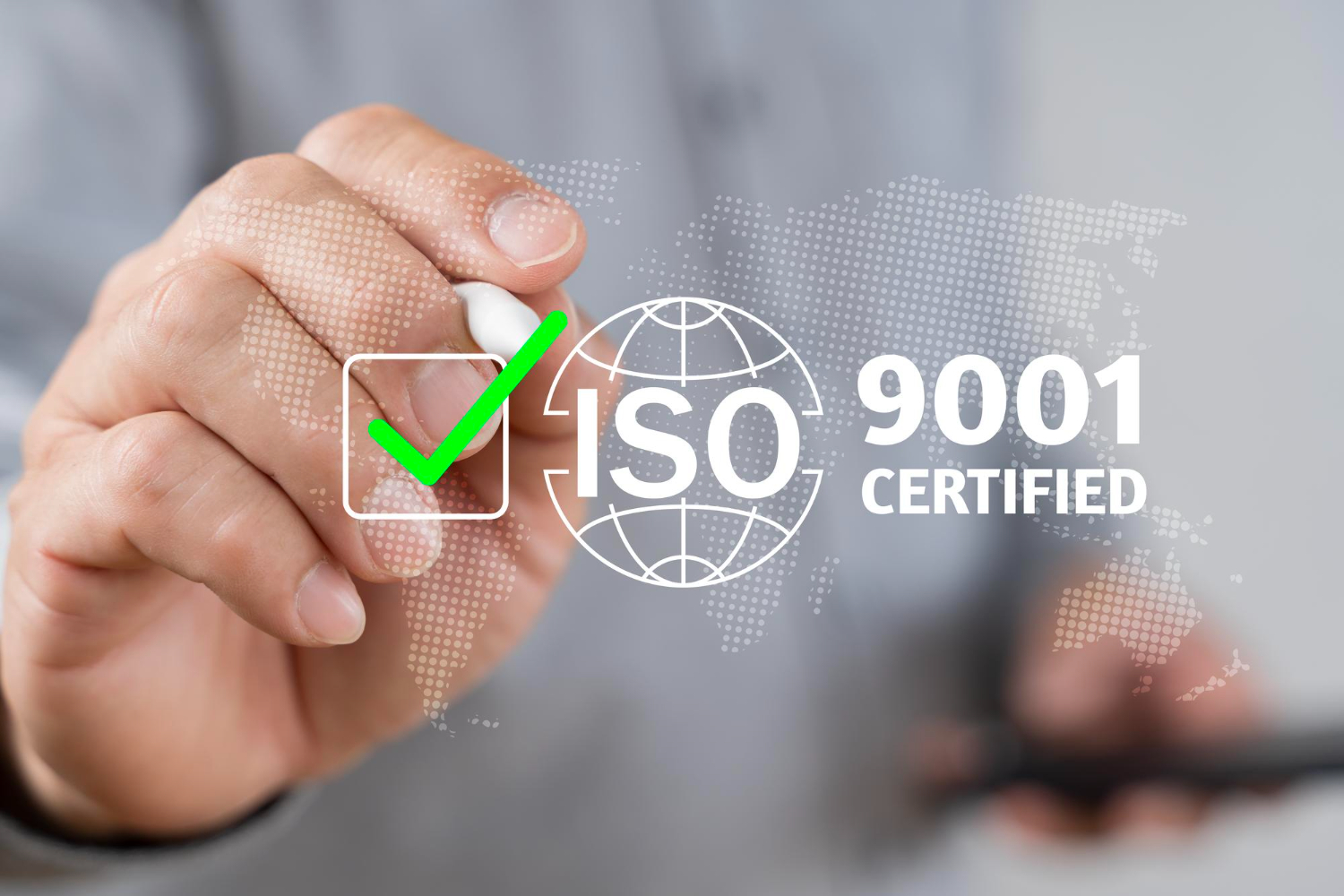
Understanding the ins and outs of ISO certification for businesses in Australia can feel like figuring out a complex puzzle. It’s a crucial stamp of quality that can majorly boost a company’s credibility and efficiency. This certification signals to customers and stakeholders alike that a business meets international standards, paving the way for better opportunities and partnerships. For many companies, achieving ISO certification becomes a critical goal that can help them enhance their operations and sustain growth.
However, the road to certification is often not a smooth one. Companies frequently encounter hurdles that can turn the process into a time-consuming and stressful journey. Challenges such as deciphering complex requirements, finding necessary resources, and adjusting internal processes can make businesses stumble. These common issues, if unaddressed, can delay certification and create frustration. Knowing what problems might arise and how to tackle them can smooth the path and make the journey to ISO certification much more manageable.
Identifying Common Problems
When businesses seek ISO certification, they often run into a variety of obstacles. Some of these are common across many industries and can significantly hinder progress if not properly addressed.
– Lack of Understanding: Many businesses start the certification process without fully understanding what it entails. This lack of clarity can lead to missteps and inefficiencies. It’s essential for everyone involved to grasp the basics of ISO standards and what compliance demands.
– Insufficient Resources: ISO certification requires a considerable amount of resources, both in terms of time and money. Companies often underestimate the commitment needed, which can result in rushed preparations and incomplete compliance.
– Inadequate Internal Processes: Internal processes might not align with ISO requirements, making it hard for businesses to meet standards. Without thorough assessments and adjustments, existing processes can clash with what ISO certification demands.
Recognizing these common issues early on can help a business plan more effectively and allocate resources where they are most needed. Addressing these challenges head-on not only streamlines the path to certification but also enhances the business’s overall efficiency. Identifying these hurdles is the first step, and with the right strategies, businesses can overcome them and achieve successful certification.
Strategies for Overcoming Challenges
Facing obstacles during the ISO certification process is common, but with the right strategies, businesses can navigate these challenges effectively. The first step is to address the lack of understanding. Providing thorough training for employees involved in the certification process can significantly enhance their comprehension of ISO standards and requirements. This training should cover the fundamentals, offering a clear picture of what ISO certification demands from an organisation.
Second, allocating ample resources to the certification process ensures that a company is well-prepared to meet ISO standards. Knowing beforehand the types of resources needed—both monetary and time-related—can aid in budgeting and scheduling. Businesses must recognise the scope of the task and plan accordingly, allocating resources where they are most needed.
Streamlining internal processes is another essential strategy. An organisation’s existing processes might need adjustments to comply with ISO standards. Conducting an in-depth review and refining these processes ensures they align with the necessary requirements. A structured plan to reassess workflows can prevent setbacks and streamline the journey towards successful certification.
The Role of External Help
Getting help from outside experts can make a big difference during the ISO certification journey. Consulting firms have the know-how and experience to guide businesses through the entire certification process. They bring insights that might not be readily available internally and can help address specific challenges businesses encounter.
Consultants can offer tailored guidance, helping businesses understand complex ISO requirements and identify gaps in their current processes. This external perspective can be invaluable, allowing companies to see things from a new angle and make informed decisions. Furthermore, hiring specialists can speed up the process, providing clear roadmaps and actionable steps that lead to certification success.
Long-Term Benefits of Achieving ISO Certification
Once businesses overcome the challenges and achieve ISO certification, they unlock numerous benefits that enhance their operations and industry reputation. One significant advantage is improved operational efficiency. With processes streamlined and aligned with international standards, businesses can operate more smoothly and effectively.
Better customer satisfaction is another notable benefit. ISO certification reassures customers that a company’s products or services meet high standards. This trust can lead to increased customer loyalty and can attract new clients who prioritise quality.
Achieving ISO certification also strengthens a company’s position in the market. This recognition can make a business more appealing to partners and clients, opening doors to new opportunities. The credibility that comes with certification can bolster a company’s competitive edge, positioning it as a leader in its field.
Preparing for ISO Certification Success
By addressing these challenges head-on and implementing effective strategies, businesses can achieve ISO certification and enjoy its long-term benefits. Maintaining an ongoing commitment to quality and continuous improvement ensures that the advantages of ISO certification are sustained. This dedication to excellence not only supports operational success but also reinforces customer trust and market reputation, keeping businesses ahead in their industries.
Achieving ISO certification in Australia can set your business apart by enhancing credibility and operational efficiency. If you’re committed to taking this step, Edara Systems Australia offers the expertise to guide your journey. Learn more about how we can support your certification process and help you reap the long-term benefits of improved quality standards by exploring ISO certification in Australia.



